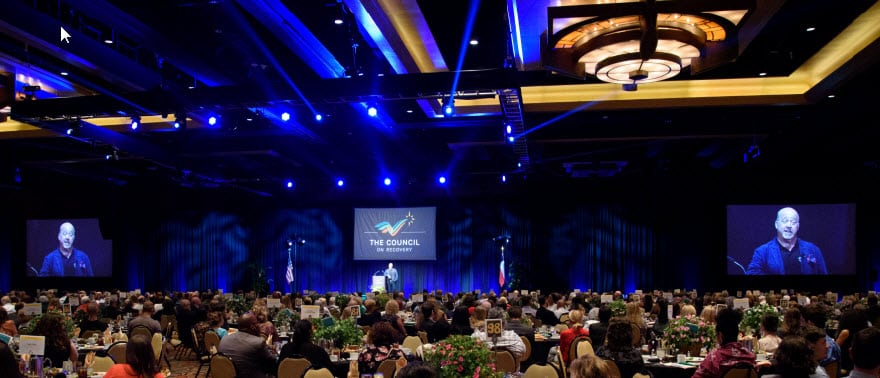
Continue reading “Fabulous Photos From 2017 Spring Luncheon with Andrew Zimmern”
Are issues with alcohol a future risk for you? Have you ever questioned yourself and thought, “Am I an alcoholic?”
Many Americans drink alcohol, but can have one drink and put it down for the rest of the evening. Not everyone who drinks develops a dependence on alcohol. However, many individuals are concerned about their chances of struggling with alcohol dependence due to their genetic predisposition. The question is, “How much do genes truly affect the likelihood of becoming an alcoholic?”